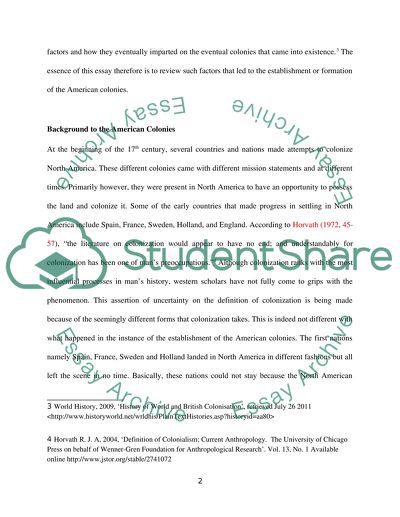Cite this document
(“What were the major factors in the establishment of the American Research Paper - 1”, n.d.)
Retrieved from https://studentshare.org/history/1427173-what-were-the-major-factors-in-the-establishment
Retrieved from https://studentshare.org/history/1427173-what-were-the-major-factors-in-the-establishment
(What Were the Major Factors in the Establishment of the American Research Paper - 1)
https://studentshare.org/history/1427173-what-were-the-major-factors-in-the-establishment.
https://studentshare.org/history/1427173-what-were-the-major-factors-in-the-establishment.
“What Were the Major Factors in the Establishment of the American Research Paper - 1”, n.d. https://studentshare.org/history/1427173-what-were-the-major-factors-in-the-establishment.


